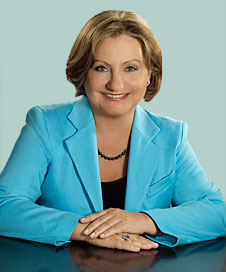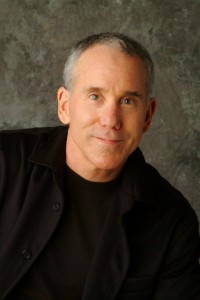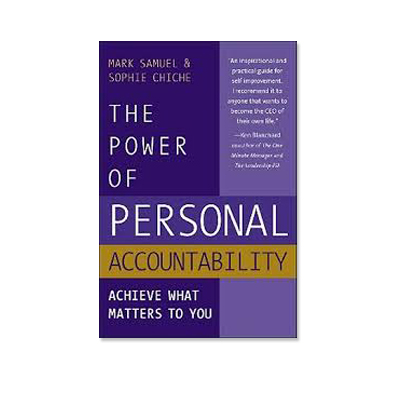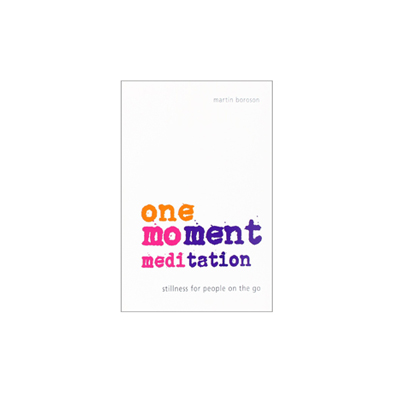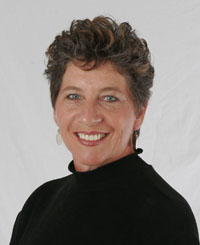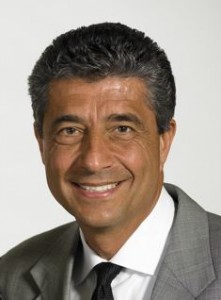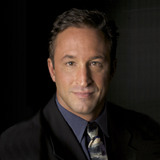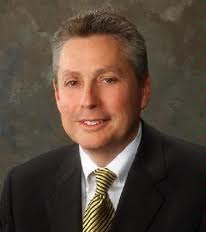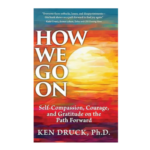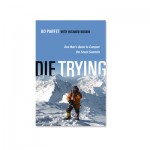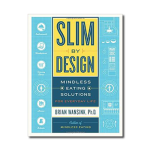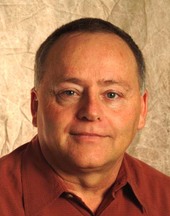 John Selby is quite a prolific author and a fascinating man. John has just returned to the mainland having been in Hawaii for the last 10 years spending time in silence and seclusion. John is the author of many books, but this new book entitled “Expand This Moment” is very special to him.
John Selby is quite a prolific author and a fascinating man. John has just returned to the mainland having been in Hawaii for the last 10 years spending time in silence and seclusion. John is the author of many books, but this new book entitled “Expand This Moment” is very special to him.
When John was a graduate student, the well-known meditation expert Alan Watts challenged him to study the world’s meditation traditions from the inside, to identify their common underlying psychological processes, to formulate an approach to meditation based on these commonalities, and to then teach this universal process. Forty years later, the birth of “Expand This Moment“.
As a result of a personal breakdown that lead to an amazing breakthrough John was gifted with the technique for meditation that we will share with you in this podcast. This technique consist of 12 focus phrases which are designed to bring greater levels of awareness in the moment. It does not take lots of time, and it is quite effective–as a matter of fact John leads us through the process during my interview.
During John’s breakdown and awakening, these focus phrases rose spontaneously into his mind. They are broken down into Phases. Phase I-Zen Awakening. 1. I choose to enjoy this moment 2. I feel the air flowing in and out of my nose. 3. I also feel the moments in my chest and belly as I breathe. 4. I am aware of my whole body at once, here in this present moment. Phase II- Emotional Healing. 5. I am ready to experience the feelings in my heart. 6. I let go of all my stress and worries, and feel peaceful inside. 7. I accept everyone I know, just as they are. 8. I honor and love myself just as I am. Phase III-Insight Mode. 9. I am open to receive. 10. I feel connected with you Source. 11. I’am here to serve, to love, to prosper, and to enjoy myself. 12. I am ready to act with courage and integrity.
If you are looking for a simple and effective practice which does not takes lots of time, then I highly recommend John’ s 12 Focus Phrases. I experienced the meditation while doing this podcast and they really did center me, bring awareness to my surrounds and bring me present. What more could you want from a mindfulness meditation.
If you would like more information about author John Selby, please click here to be directed to his website. It really is loaded with video, audio and reference material that you will find useful in your meditation practice.
